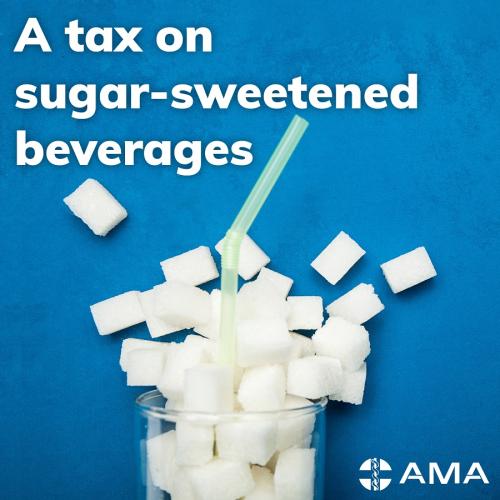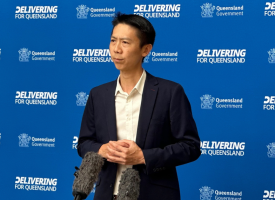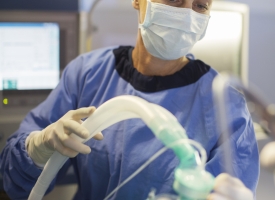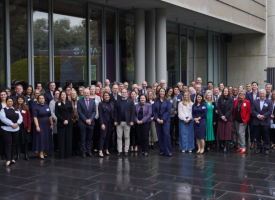AMA renews calls for tax on sugar in soft drinks to stem rising tide of chronic disease
The AMA has renewed its calls for a tax on sugar in soft drinks to stem the tide of preventable chronic diseases and their ballooning cost to the health system.

The AMA has renewed its calls for a tax on sugar in soft drinks to stem the tide of preventable chronic diseases and their ballooning cost to the health system.
AMA President Dr Omar Khorshid said the AMA Pre-Budget Submission 2022-23 contains the case for a tax on sugary drinks and outlines the benefits of the tax to the nation’s health and health budget.
“We know that frequent consumption of sugary drinks is associated with obesity and chronic diseases. Evidence from overseas shows that a sugar tax is an effective way to reduce sugar consumption,” Dr Khorshid said.
“AMA modelling projects a tax of 40 cents on every 100g of sugar added to soft drinks would reduce consumption by 31 per cent by 2025-26, and results in government revenue of $2.8 billion across four years, which could be used to fund preventative health activities.
“After tobacco, obesity is the second biggest modifiable risk factor contributing to the disease burden in Australia. Obesity is a major risk factor for chronic and preventable conditions including type 2 diabetes, heart disease, hypertension, stroke, gall bladder disease, osteoarthritis, sleep apnoea, mental health disorders and some cancers,” Dr Khorshid said.
Dr Khorshid said 31 per cent of Australian adults and 8 per cent of children are obese.
“When including those who are overweight, this increases to 67 per cent of adults and 25 per cent of children. It is estimated a third (33%) of the projected adult population will be obese by 2025.
“The tax would introduce a small price signal – an increase of just 16 cents on that 375 ml can of soft drink – to alert us that these drinks are bad for us and to nudge us to choose the free, readily available, and healthy alternative instead: water.
“For this modest rise, we’d see a dramatic impact: our sugar consumption from sugary drinks would drop by 12 to 18 per cent. This would result in 16,000 fewer cases of type 2 diabetes, 4,400 fewer cases of heart disease and 1,100 fewer cases of stroke.
“The beauty of this tax is that it will have minimal impact on Australia’s sugar industry, as about 80 per cent of Australia’s domestic sugar production is exported and only around 5 per cent goes into sugary drinks. So sugar producers have little to fear or lose.”
Dr Khorshid said the success of tax on sugar could now be seen on the AMA’s #SicklySweet campaign website. “The campaign website now includes a map of all the countries and jurisdictions which have implemented a sugar tax, as well as five detailed case studies which highlight the success of the sugar tax.
“The AMA would now like to see Australia go the same way as the UK, Mexico, Chile and 60+ countries and jurisdictions which have already implemented taxes on sugary drinks. It also calls for the public to contact their MP and show their support for a tax on sugary drinks,” Dr Khorshid said.
He said surveys had shown Australians would be supportive of a tax on sugary drinks, especially if the revenue raised was invested in initiatives to further tackle obesity and other major public health issues.
“Introducing a tax on sugary soft-drinks is a win-win-win. It raises revenue for public health; saves money in the health budget and saves lives. It’s a simple but effective mechanism and we will continue to campaign for its introduction.”



